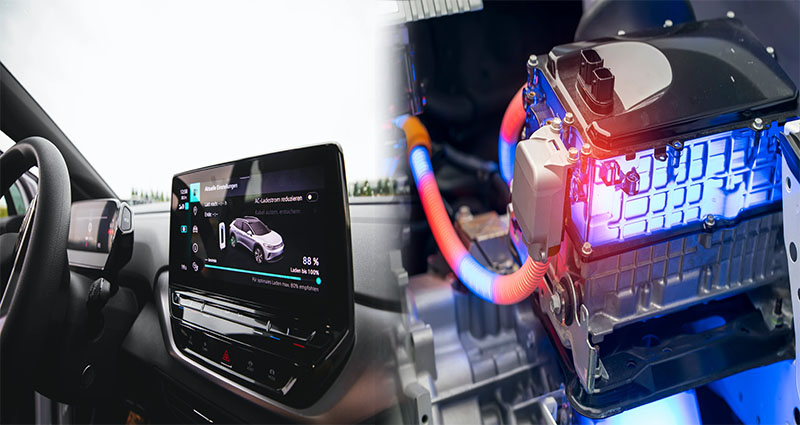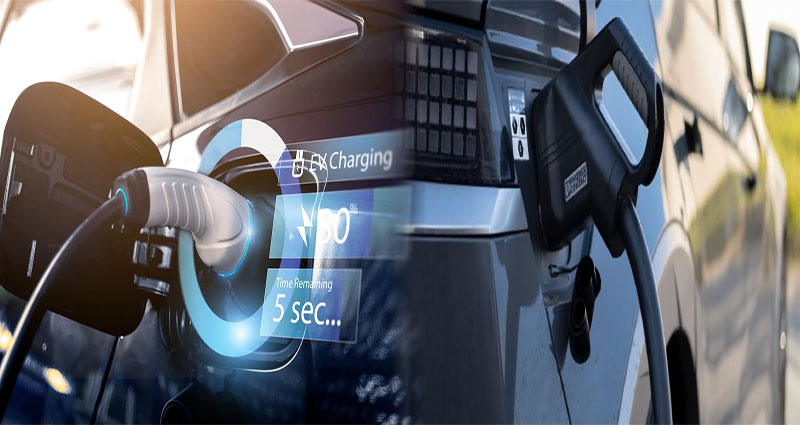Key Factors Influencing Electric Vehicle Battery Performance and Lifespan
Electric vehicles (EVs) have gained immense popularity in recent years as a sustainable and environmentally friendly mode of transportation. One of the critical components of an electric vehicle is its battery, as it directly impacts the vehicle’s performance and lifespan. Understanding the key factors that influence electric vehicle battery performance and lifespan is crucial for maximizing the efficiency and longevity of these vehicles.
1. Temperature
Temperature plays a significant role in determining the performance and lifespan of an electric vehicle battery. Extreme temperatures, both hot and cold, can negatively impact battery efficiency and longevity. High temperatures can accelerate degradation processes within the battery, while low temperatures can reduce its ability to hold a charge. It is essential to maintain the battery within the optimal temperature range to ensure optimal performance and extended lifespan.
2. Charging Habits
Charging habits also play a crucial role in determining electric vehicle battery performance and … Continue reading >>>>














